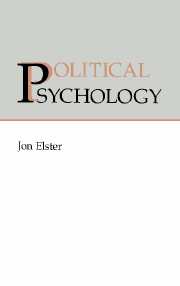Book contents
1 - A Historian and the Irrational: A Reading of Bread and Circuses
Published online by Cambridge University Press: 05 June 2012
Summary
I first read Paul Veyne's Le Pain et le cirque a summer on the Côte d'Azur when, along with Nice Matin, it was my only intellectual nourishment for a month. I had the hallucinating experience of seeing both sets of reading matter, which are not self-evidently similar, merge into one. Basically, Nice Matin devotes its pages to two kinds of news items: reports of the activities of local gangsters and accounts of the meetings of the Rotary Club, the Lions Club, the Chamber of Commerce, and the like. It is fairly easy to read between the lines and realize that there is a link between the two worlds, and that the wealth so generously displayed and distributed to benevolent associations sometimes comes from sources that would not stand up to close scrutiny. The Rotary Club is of course merely a secondary form of euergetism (PC, p. 26) and gangsterdom is not the same thing as the Gelegenheitsunternehmungen of the notables of antiquity (PC, pp. 121, 511). Nevertheless, sociological kinship and geographical proximity were enough to fuse them into a single Mediterranean institution: the effect was like traveling backwards in a time machine.
Bread and Circuses, dazzling in both its entirety and its details, offers at least four viewpoints to the reader. First – and this is its explicit subject – it is a history of euergetism, a form of patronage that was regularly practiced by notables, senators, and emperors of classical antiquity.
- Type
- Chapter
- Information
- Political Psychology , pp. 35 - 69Publisher: Cambridge University PressPrint publication year: 1993



